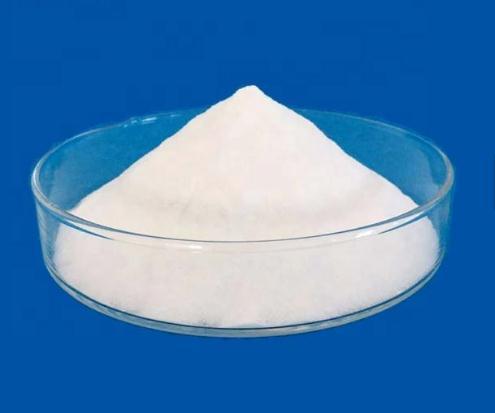Chemical appearance:
The appearance of Sodium metabisulfite is either in the form of white crystals or as a powdered solid with a slight odor of sulfur. Inhalation could lead to toxic results and can cause serious damages to skin and tissue. Sodium metabisulfite is clearly soluble in water and forms a clear and colorless solution.
Chemical application and strengths:
-
- The primary applications of Sodium metabisulfite are evident in the mining industry. It is used for controlling the depression of pyrites and sphalerite minerals. MBS is ideal for pH control for the froth flotation process, where it could control pyrite depression. Sodium Metabisulfite is also helpful in preventing flotation of sphalerite through copper activation with the availability of Tennantite/Covellite in the ore.
-
- In the case of pyrite flotation, the maximum iron/pyrite depression with the use of Sodium Metabisulfite is possible somewhere around the pH of 6. The gradual rise in dosage increases the effectiveness of Sodium Metabisulfite in the depression of minerals. For example, iron in Pyrites, lead in Galena, copper in Chalcopyrite, and zinc in Sphalerites.
-
- Sodium metabisulfite also finds applications in the pulp and paper industry as well as the photographic industry. The chlorine removal properties of Sodium Metabisulfite make it an ideal choice for these industries. SMBS acts as a preservative for photo films. Furthermore, it helps in the dichlorination of municipal drinking water and textile water treatment.
- Most important of all, SMBS also acts as an oxygen scavenger when it is used for the removal of dissolved oxygen in wastewater. Sodium metabisulfite also finds notable applications in the food packaging industry as a food preservative. It also prevents corrosion in the oil and gas industry by serving as a bleaching agent for the production of coconut cream.






Reviews
There are no reviews yet.